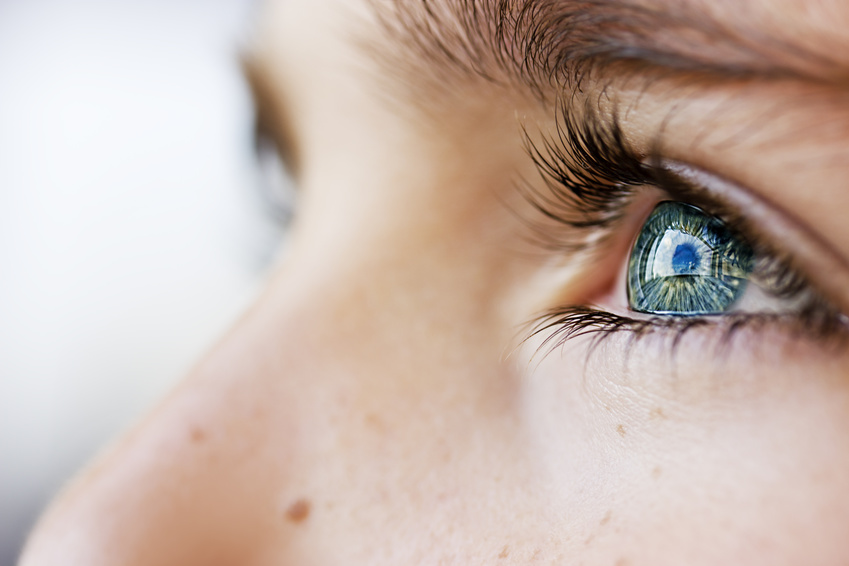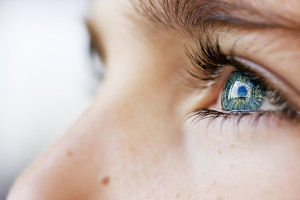
30 Nov ‘If You Cross Your Eyes They’ll Stay That Way’ and 4 Other Myths About Eye Health
 It’s true that eating carrots can keep your eyes healthy; however, contrary to popular belief, the vitamins and minerals found in your favorite orange veggie won’t improve your eyesight. This is just one myth about vision and blindness that few people question. Read along to learn the truth about your eyes.
It’s true that eating carrots can keep your eyes healthy; however, contrary to popular belief, the vitamins and minerals found in your favorite orange veggie won’t improve your eyesight. This is just one myth about vision and blindness that few people question. Read along to learn the truth about your eyes.
- Sitting too close to the TV will damage your eyes
You probably heard this one a lot growing up. The truth is that sitting too close to the television might give you a nasty headache, but it won’t impair your vision. Actually, if you find that you need to get closer to make out what’s happening then you may have a vision problem already. Struggling to see objects clearly from a reasonable distance is a sign of nearsightedness.
- If you cross your eyes for too long they’ll stay like that
Again, an adult may have told you this at some point during your childhood to get you to stop making weird faces in public. Crossing your eyes, however, cannot cause any permanent damage. Your eyes are meant to come closer together and they will always return to their normal placement when you’re done clowning around.
- Wearing glasses or contacts will weaken your eyesight
Some people put off getting glasses even when they desperately need them because they’re worried that their eyes will become dependent on the corrective lenses. The bad news for these individuals is that their eyesight will keep getting worse whether they wear glasses or not. Due to aging or a degenerative eye disease, your eyesight will likely worsen over time; however, wearing corrective lenses is not the cause.
- Eye floaters are just a trick of the light. They will go away on their own
Nope, eye floaters are real. As you age, the vitreous humor (gel-like substance in the eyes) can shrink and shred, causing small specks of collagen to float across your field of vision. While they are typically harmless, eye floaters can be a symptom of a more serious eye disease or medical issue like a retinal tear. Some patients undergo vitrectomy surgery for the removal of eye floaters and flashes.
- There’s nothing you can do to prevent age-related macular degeneration
Age-related macular degeneration (AMD) is a progressive eye disease that attacks the macula of the eye. Though it is incurable, there are steps you can take to lower your risk. For instance, studies show that smoking doubles the risk of developing AMD. Living a healthy lifestyle is the best way to prevent AMD from claiming your vision in the future.
Sight is arguably the most important of the five senses. We rely on our vision every day so it is essential that we learn how to protect it. If you have any questions about eye disease and vision loss, feel free to post in the comments section below.

